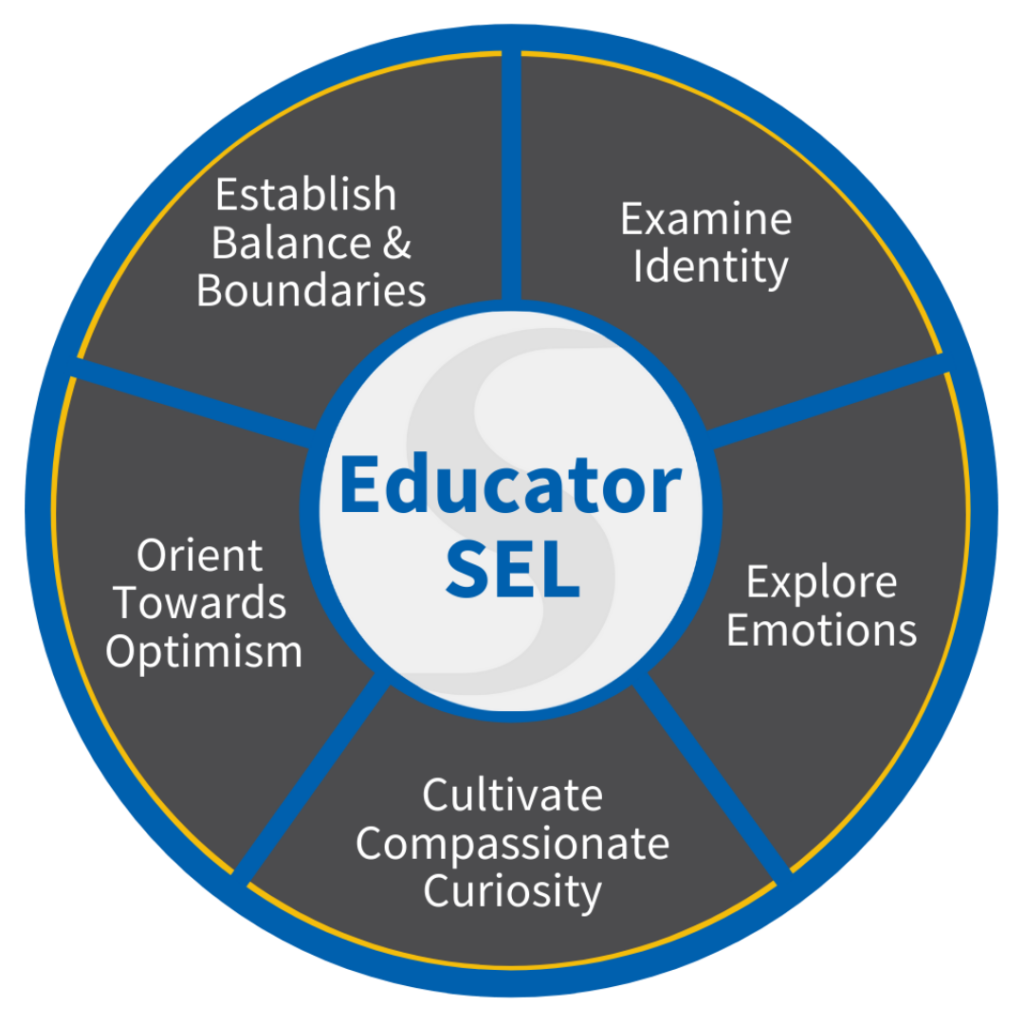More than half of the children enrolled in our nation’s K12 public schools are students of color.
For these students and their white peers, it is a historical moment to watch a Black, South Asian-American woman ascend to the White House. This moment serves as both a mirror and a window — reflecting young people’s own identities to them in ways that can contribute to a sense of belonging and providing a view of what is possible in the world.
There is so much more work to be done to unite and heal a divided nation, a nation plagued by the health and economic impacts of the coronavirus as well as the scourge of deeply embedded racial oppression. Surmounting these vast challenges will require our best work, collectively, and we know from the science of learning and development that our best work must be built upon trusting relationships and a sense of belonging.
At TransformEd, we find hope and inspiration in the great work being done by educators, social scientists, community builders, and storytellers to identify and share evidence-based ways to bridge differences and rebuild trust. We have shared some resources below to support educators in holding space for young people to process the historic 2020 election and to begin bridging the stark differences that exist within our country and our classrooms.
TransformEd’s SEL for Educators Toolkit contains a multitude of resources and suggested activities and practices to support educators in managing and addressing their own well-being, emotional state, and stress. These tools can be powerful in addressing your own emotions and needs before and while supporting students in their own processing work.
Bridging Differences Playbook
(Greater Good Science Center)
This comprehensive and resource-packed Playbook synthesizes a core set of 14 skills and strategies that support positive dialogue, relationships, and understanding between groups or individuals. The resources are offered as a set of research-based, adaptable principles that people can apply in different settings.
Teachable Moment: Election Week Activity
(Morningside Center for Teaching Social Responsibility, 11/4/20)
The Morningside Center offers a robust set of “teachable moment” activities, including a set to support teachers in facilitating conversations with students to process the events and outcomes of the 2020 election. The activities include self-care suggestions for students, factual resources, and facilitation guidance.
Responding to the 2020 US Presidential Election
(Facing History and Ourselves, October 2020)
This Teaching Idea contains guidance for teachers on how to discuss the election with students, as well as a collection of activities to help students process their emotional responses to the election, find accurate information, and consider the impact of the election once the results are known. Choose any selection of activities that best fit the needs of your students.
How We Can Support Students With the Election and the Results in a Culturally Responsive Way
(Henry J. Turner, Ed.D., 11/2/20)
Regardless of political affiliation, these election weeks have been challenging and filled with different emotions. We cannot ignore the racism, sexism, and homophobia present during this election season; taking a colorblind approach means ignores the impact that the election has on different groups of students. Being student centered means taking deliberate action to be sure that students have the space to get what they need. In this article, the author shares guidelines for approaching election conversations with students from a Universal Design for Learning approach that centers cultural relevance and responsiveness.
Advancing Social and Emotional Learning (SEL) to Create Supportive Learning Environments: SEL Guidance in Response to the 2020 Election
(CASEL, November 2020)
This curated guidance and resource document is intended to help educators and leaders reflect on their social and emotional competencies and foster a learning environment that supports students and adults in their community.



